Now in its 33rd year, the Vancouver Fringe Festival continues to operate under the philosophy that theatre should be for everyone. With the main stage line-up literally picked from a hat each year, you never know what will end up on the stages around Granville Island (and beyond) each year. This year’s queer offerings may be few, but they certainly make up for it in diversity.
Tightrope Talking
Marylee Stephenson wants to make one thing perfectly clear about her one-woman show Tightrope Talking: it is not improv. She prefers to call it extemporaneous, or free-form storytelling.
While she still creates stories based on a single word suggested by her audience, the stories she tells are personal. And at age 74, Stephenson has a lifetime of experiences to draw upon.
From growing up in the southern United States knowing she was “different,” to the time she was arrested as a student at Berkeley only to fall in love with the woman sitting beside her in jail, it is a life well-lived.
“Being gay, being a senior, being an activist in my own way, it’s all part of most of the stories I tell,” she says.
Even while Tightrope Talking may be a suitable title for a show where Stephenson must carefully tread her life for stories based on an audience suggestion, it is no simple metaphor. In the final moments of the show, she performs on a tightrope.
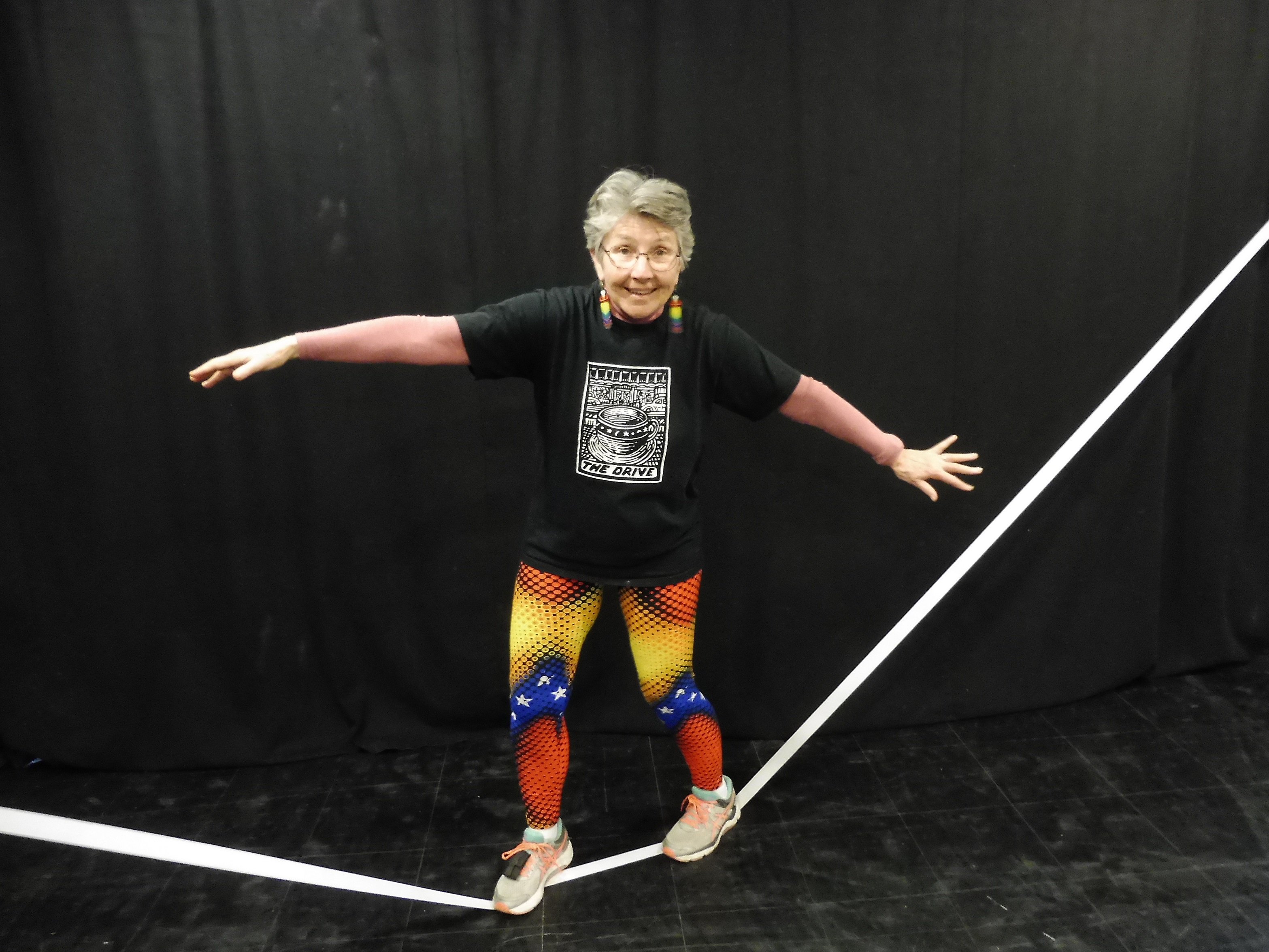
Marylee Stephenson shares her life stories and walks on a tightrope. Credit: Courtesy David C Jones
Soul Samurai
With a mashup of vampires and shoguns wrapped inside a graphic novel and Pam Grier 1970’s blaxploitation film sensibility, Soul Samurai is not easy to define.
Add a story of a young lesbian samurai out to avenge her lover’s death in a post-apocalyptic Manhattan, and this free-wheeling adventure seems somehow perfectly suited to the Fringe.
“Though the show is highly stylized and combat heavy, the love story is what keeps it genuine and grounded,” says publicist Julia Lank.
With hand-to-hand and weapons-based combat also a huge part of Soul Samurai, it is a perfect vehicle for Affair of Honor, the company presenting the show.
“All of the actors are certified fight directors, folks who teach and choreograph fight scenes on stage, but who are also talented actors in their own right,” Lank says.
Throw in filmed and animated segments to give it a graphic novel vibe, and it is safe to say there is no other show at the Fringe quite like it.
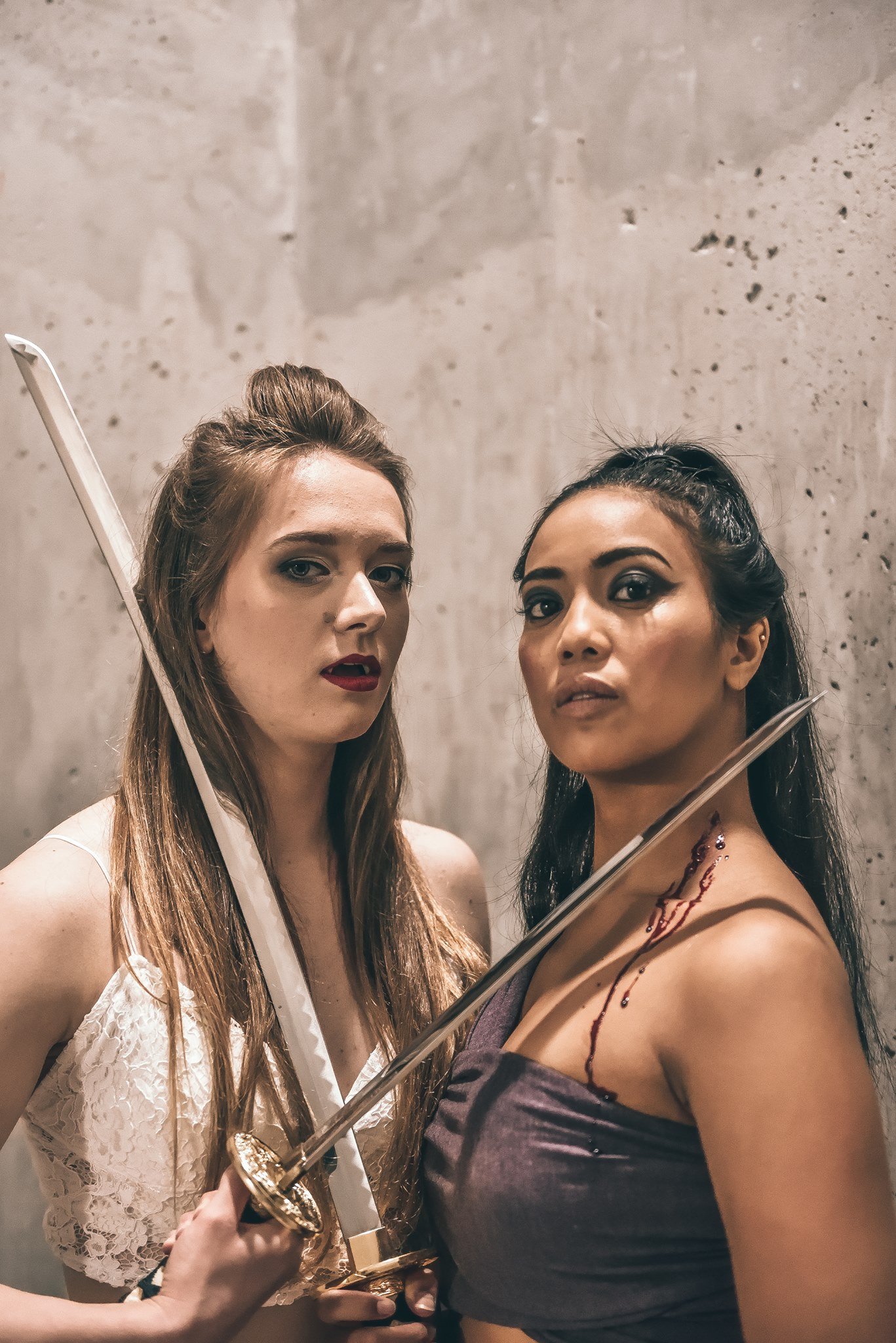
Soul Samurai follows the story of a young lesbian samurai out to avenge her lover’s death in post-apocalyptic Manhattan. Credit: Courtesy Jordan Ting
A Night at the Rose Coloured Discotheque
The gay community loves its labels, often as much as it loves portraying a life fulfilled through social media.
In A Night at the Rose Coloured Discotheque, 20-something Jorge is looking for love at the local rave. The problem is he is too tall to be a twink, too hairy to be a jock, and too skinny to be a bear. He doesn’t even know if he is a top or a bottom, or why he is expected to choose.
“With all this branding done in the gay community, another big theme in the show is perception,” says Dylan Archambault, who plays Jorge. “Particularly how social media skews our perceptions of our own lives, and the lives of people around us.”
With The Cultch theatre transformed into a rave at each performance, complete with visuals and a live DJ, A Night at the Rose Coloured Discotheque not only satirizes club culture and our social media obsession, but it just might help us realize it is our real-world friendships that are the most important.
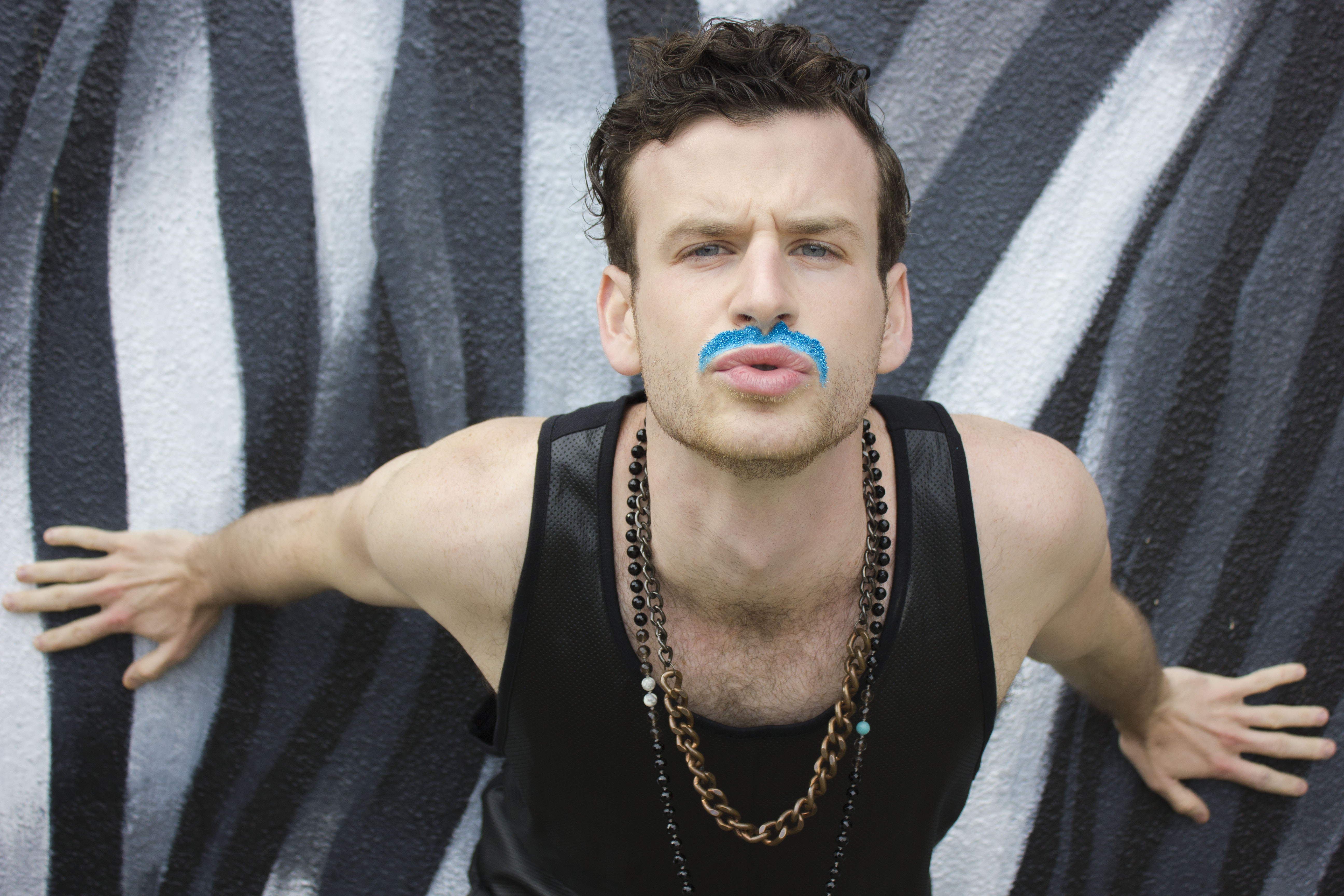
A Night at the Rose Coloured Discotheque is one of the LGBT performances at this year’s Fringe Festival. Credit: Courtesy Emma Johnson
Setting Bones
As queer people of colour, Anoushka Ratnarajah, Kamee Abrahamian, and lee williams boudakian have always had to deal in choices. As the co-creators of Setting Bones, the trio are giving voice to the difficulties they have faced in making them.
“We all have varying backgrounds, but share a similar story of having grown up in Canada and feeling out of place no matter where we were, whether in our queer communities, schools, and families,” Ratnarajah says. “We all have felt this longing to connect with a sense of history, but often find we have had to make choices between cultural and sexual identity.”
Winner of the 2017 Fringe New Play Prize from the Playwrights Theatre Centre, Setting Bones tells the story of three queer-identifying siblings, reunited after the death of their mother and grandmother. As they sort and pack away the objects amassed over two lifetimes, the estranged siblings must come to terms with the loss of both cultural and family history as queer people of colour.
“The heart of their relationship is both the conflict and their desire to come together in a way that serves the complexity of their identities,” Ratnarajah says.
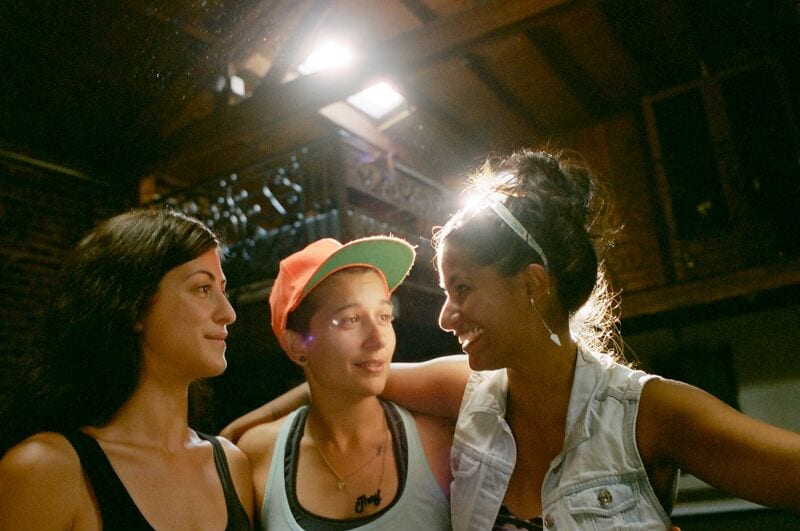
Catch Setting Bones and other queer shows at the Vancouver Fringe Festival, Sept 7–17, 2017. Credit: Courtesy Ara Oshagan
Editor’s note, Sept 7, 2017: An earlier version of this story incorrectly stated that Julia Lank is the producer for Soul Samurai. Lank is actually the publicist. The story has also been updated to reflect the correct pronouns of the co-creators of Setting Bones.
Vancouver Fringe Festival
Sept 7–17, 2017
Various locations
vancouverfringe.com
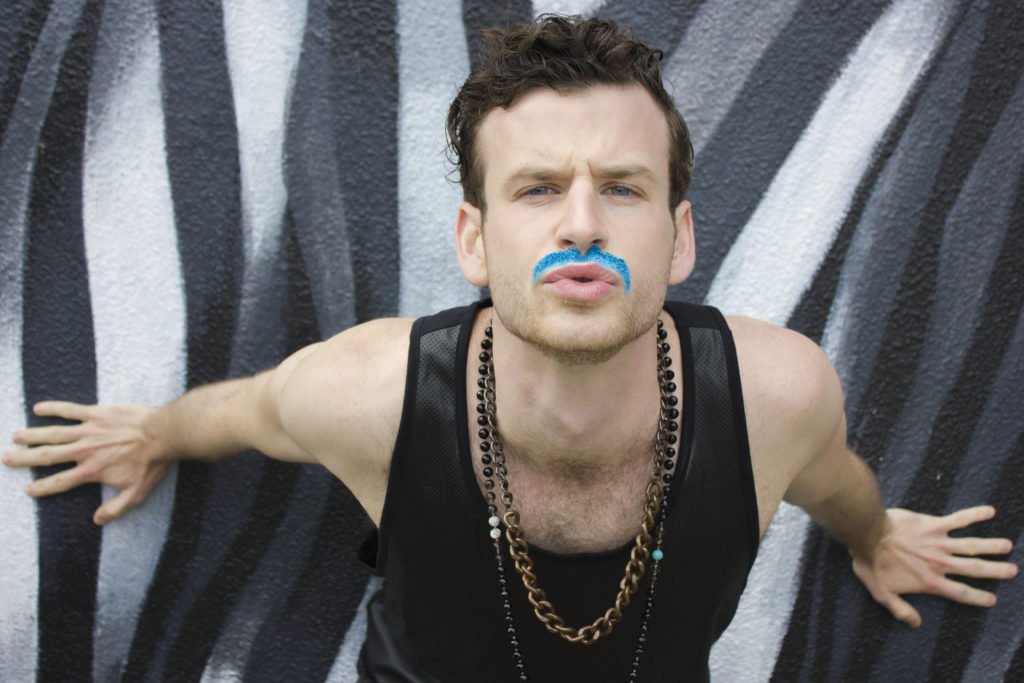
 Why you can trust Xtra
Why you can trust Xtra


